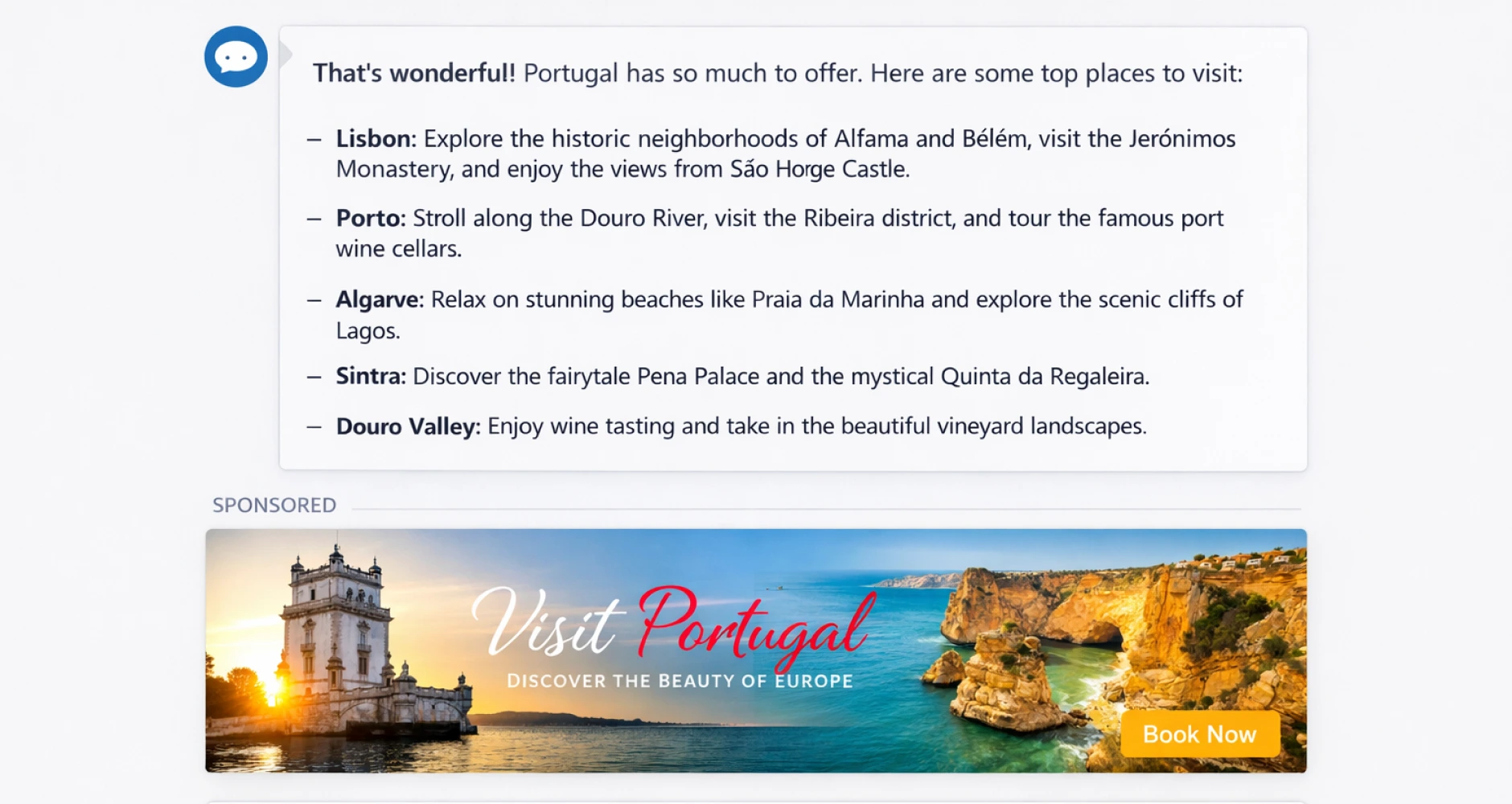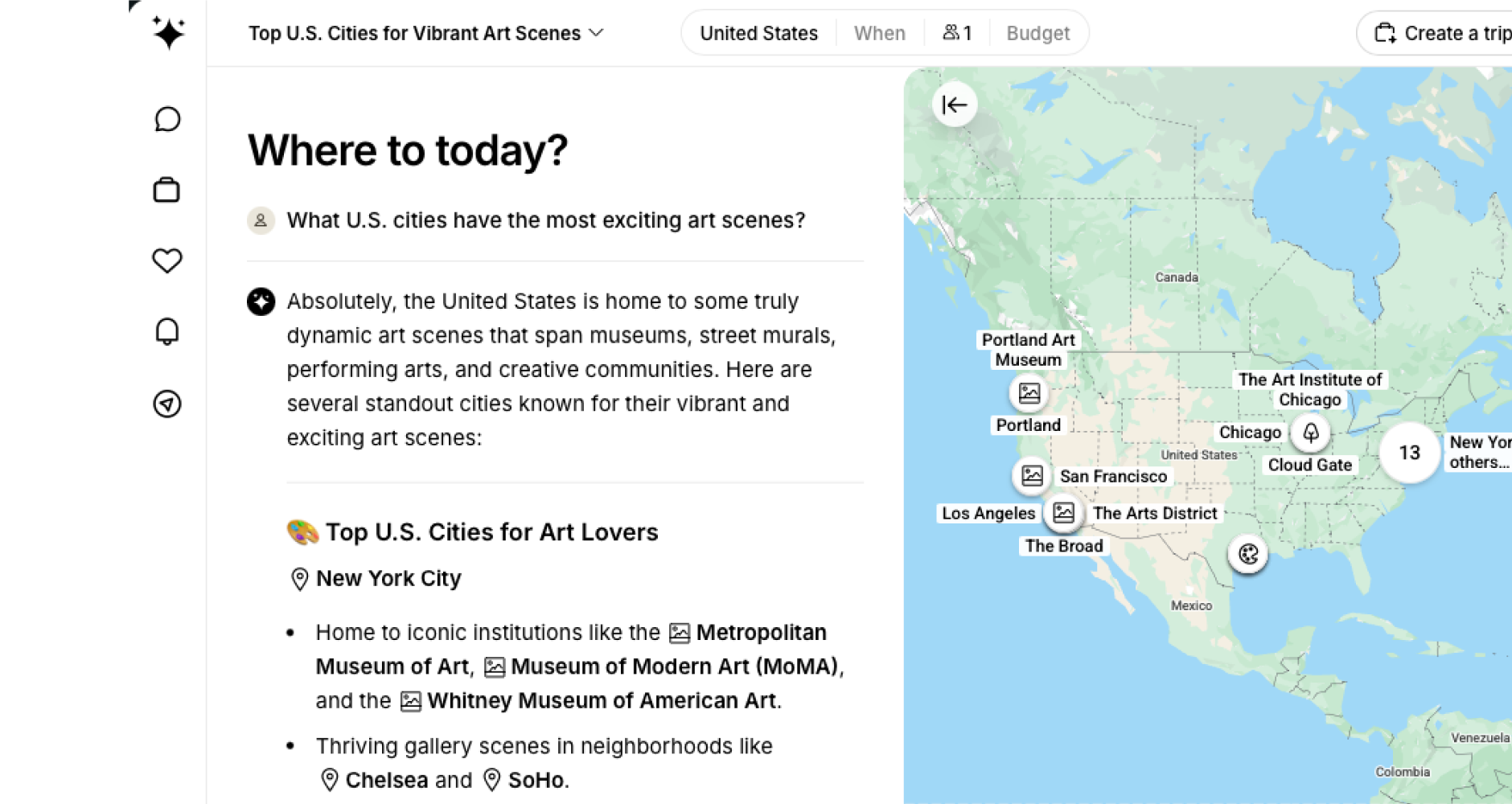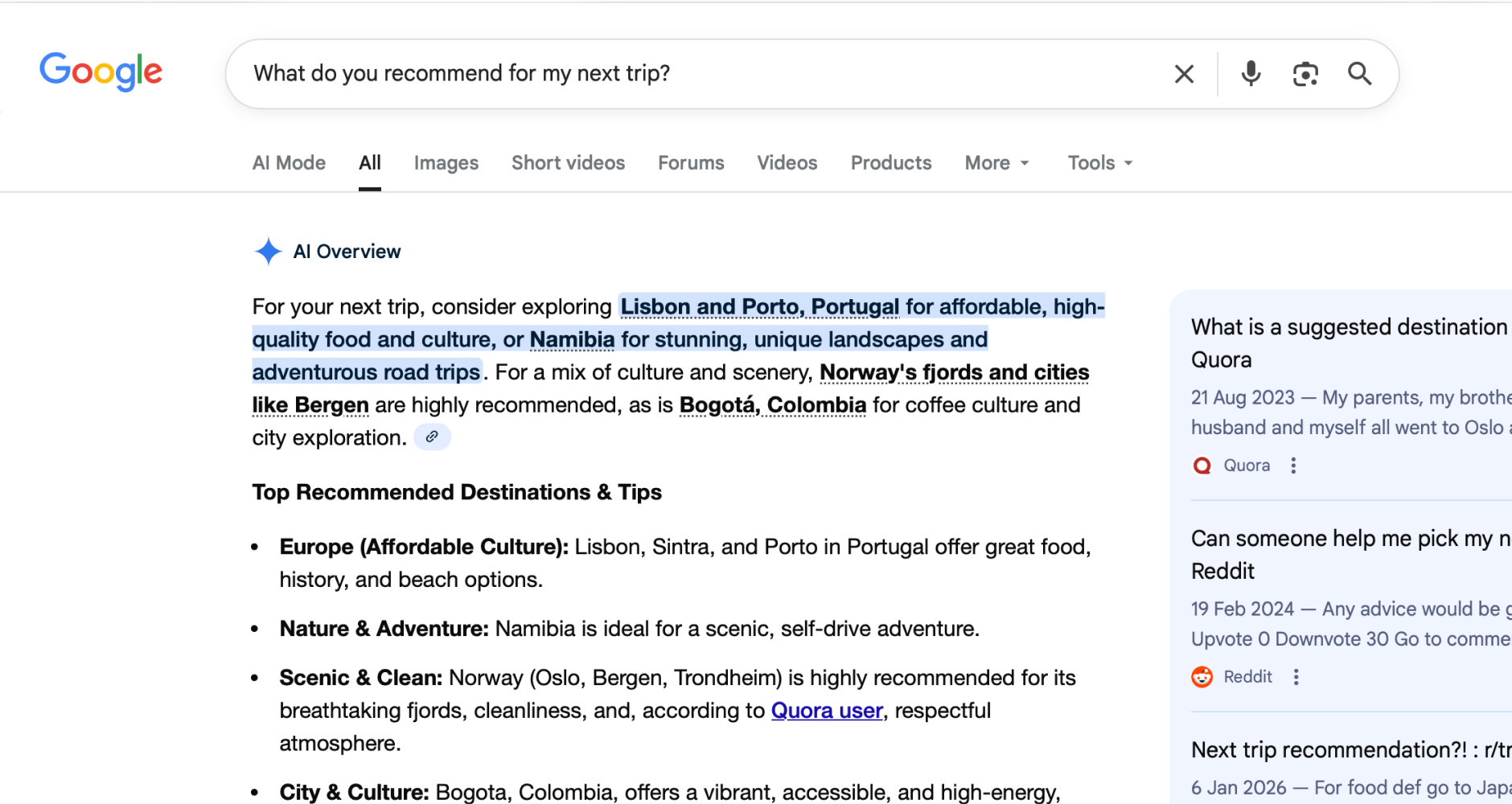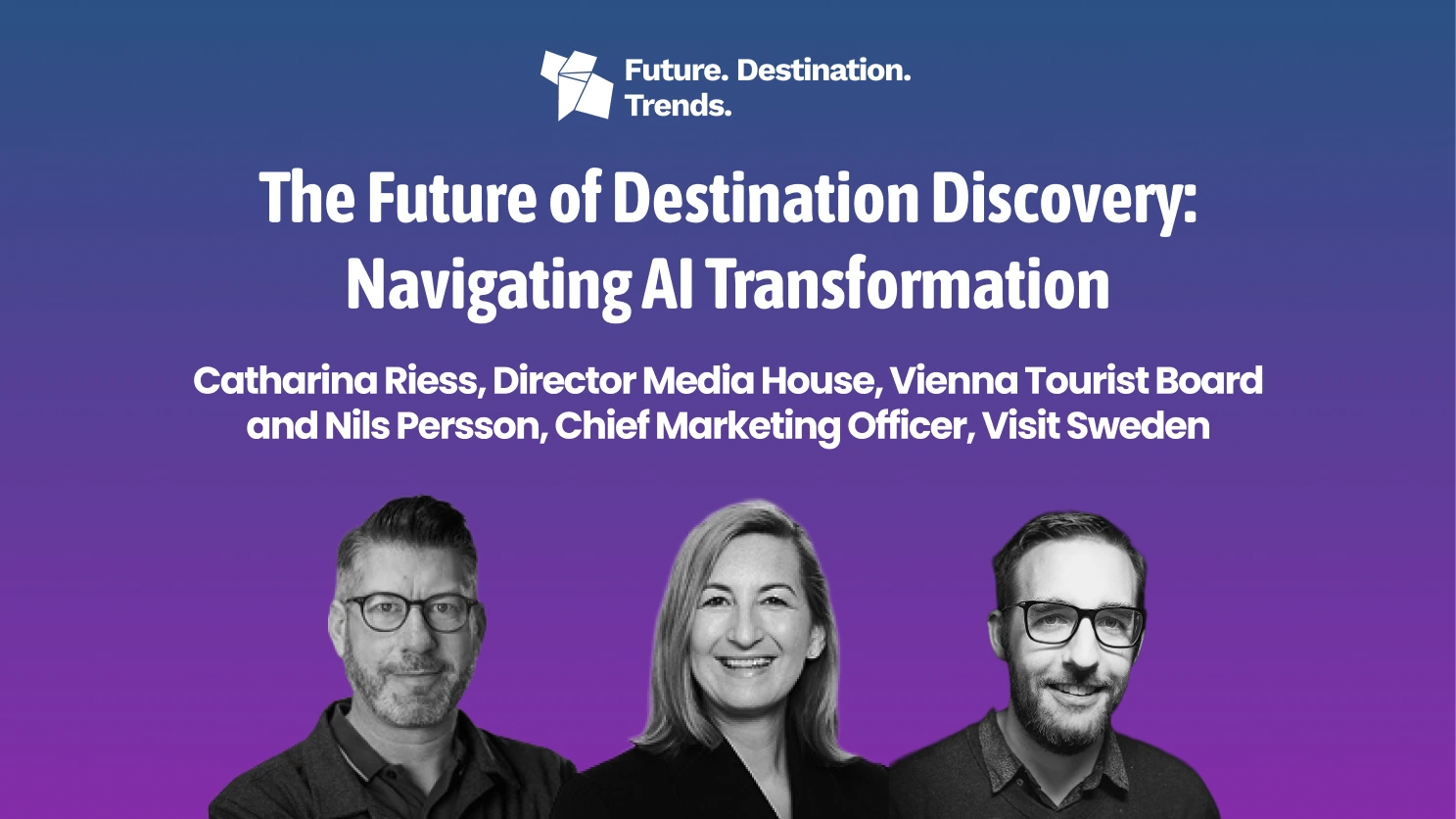Artificial intelligence (AI) is rapidly transforming the hospitality industry. In episode 7 of our "Tour Tech: Your 5 Weekly Takeaways to Tourism Success" podcast series, part of the EU-funded Tourbit project, we learn how chat-based guest engagement tools can bridge communication gaps and effectively connect hotels and their guests. This article explores the transformative process of implementing a new conversational AI tool from the perspectives of HiJiffy and AMMI Hotels, a group of five hotels and apart-hotels in Nice, France, looking at how they have successfully collaborated to automate guest interactions.
Streamlining Guest Communication with AI
Alizé Boivin, Senior Country Lead for HiJiffy, explains that AI-powered tools can be designed to streamline hotel operations and enhance guest experiences. HiJiffy’s multilingual chatbot provides 24/7 customer support on hotel websites and social media, answering basic guest inquiries. This ensures simplicity for guests in finding all the information they require to complete their purchasing journey, encouraging them to stay on the website instead of finding an alternative accommodation. Guests can also seamlessly make reservations directly through the chatbot, increasing direct bookings and revenue for hotels.
HiJiffy’s AI chatbot personalises communication throughout the guest journey, from pre-booking and through the hotel stay. This can include sending welcome messages tailored to the guest's preferences, confirming reservations and upselling hotel amenities or experiences as well as facilitating a digital check-in before guests arrive at the hotel. Guests can use WhatsApp and SMS to interact with the hotel, ask questions, receive updates and request services – anything from room service to restaurant recommendations. By automating repetitive tasks, staff can focus on higher-value interactions with guests, such as providing personalised recommendations or resolving complex issues.
AI is a supportive tool that works together with humans. While it’s normal to be reluctant to change, Natasha Dimitrieva, Project Manager at AMMI Hotels, emphasises that upon seeing the benefits of the virtual assistant, its implementation was welcomed by the hotel staff. Hotel guests also have the option to switch to a human agent, ensuring that they receive the optimum service. However, with chatbots a frequent feature on websites across a range of industries, customers are increasingly familiar with this technology and the use of AI for customer service. Nevertheless, training is essential for ensuring that humans and AI can work together to provide fast and reliable answers to every customer. Recognising this HiJiffy has a dedicated onboarding team to support hotel staff and address any questions they have about the implementation of the tool.
Creating Engagement with Guests
Natasha outlines how before using an AI chatbot, the AMMI Nice Massena apart-hotel faced a challenge where guests rarely visited the reception as it wasn’t on the ground floor and closed early, which created a gap in communication with guests. However, the realisation that AI could bridge this gap by providing guests with 24/7 access to information and support through a chatbot and WhatsApp drove the innovation process to create positive change. Guests appreciated the convenience of this new communication channel, with 80% of messages being read by the hotel’s guests. This improvement in communication with customers led to a significant increase in guest satisfaction, with these two variables being correlated. Importantly, the hotel’s customers replied to the automated messages and displayed higher levels of engagement with the WhatsApp messages than through traditional email communication. Following this positive pilot of AI technology, AMMI Hotels has plans to roll out the virtual assistant across the chain’s entire portfolio of hotels.
Alizé shares the example of HiJiffy’s partnership with USSIM Vacances, which significantly reduced the volume of phone calls received by the hotel group through a 97% automation rate. 4,000 conversations have been facilitated by the virtual assistant, with 3,700 of them being fully automated. With the average phone call length in the hotel sector being just over three minutes and the chatbot handling over 100 requests each week, the solution has freed up more than five hours per week in the workload of the hotel chain’s receptionists.
Data-Driven Approaches
Alizé mentions how chatbots can be customised to ensure they match brand guidelines and influence the digital customer journey based on the specific characteristics of each accommodation and the different amenities available. Being specialised in the hospitality sector is a strong competitive advantage for Hijiffy, with its AI tool able to better understand the specific nuances associated with hotel reservations and through machine learning become more fluent in the terminology and specific needs and challenges faced by accommodation providers. Constant innovation is key, with HiJiffy integrating GPT-4 into its Aplysia OS system, creating more natural and engaging chatbot conversations.
The process of establishing an AI virtual assistant requires a clear understanding of customers’ information needs and for this to be prepared and centralised. Natasha emphasises how such actions can take as little as one week to complete, with the pre-built AI model ready to launch after a short period of training. AMMI Hotels continuously monitors chatbot interactions and guest feedback to refine responses and ensure the virtual assistant is providing the most helpful and relevant information to guests, with it taking around a month to ensure staff are ready to use the system and correct all errors to be able to fully implement the system. Similarly, HiJiffy makes daily data-based optimisations, reflecting on the number of AI conversations, automation rate and the customer satisfaction (CSAT) score.
Key Takeaways
Integrating chatbots into booking engines maximises direct bookings and increases revenue. However, AI is not a replacement for human interaction. As the case of HiJiffy and its partnerships with AMMI Hotels and USSIM Vacances show, it is a powerful tool that can enhance guest experiences and staff efficiency by automating repetitive tasks and providing 24/7 support in almost any language. This creates value by enabling employees to focus on other more strategic tasks, while hotel guests still receive the information they desire. This is not only the case in the lead-up to a booking, but AI chatbots also have a role to play in facilitating the exchange of information during the stay to provide immediate responses to simple queries.
Specialist knowledge of industry processes is essential to generating the strongest impact, with customisation crucial for success and hotels needing to take into account their specific operational processes and identify the most important information to share with guests. Through personalising chatbots and guest communication to reflect their unique features, it becomes easier to cater to individual needs by tailoring responses based on market research and creating opportunities to upsell services. Through centralising information in a pre-built model, AI chatbots can take as little as one week to train before they are ready to be launched. Nevertheless, these should be pilot-tested and then rolled out more widely, helping to showcase the benefits that can be achieved and overcome resistance to change, with widespread acceptance and support for the technology crucial for the effective adoption and implementation of AI-enhanced customer support.
Data-driven improvement is essential to maximising guest satisfaction. By monitoring and analysing guest interactions, hotels can refine their AI tools for optimal performance, ensuring AI provides the most helpful and relevant information for guests. With communication and satisfaction inextricably interlinked, automation and satisfaction rates are crucial indicators to determine the extent to which AI chatbots are of commercial value, along with a clear understanding of the frequently asked questions to identify website enhancement needs. Interestingly, customers appear more likely to read automated information via WhatsApp than emails, with guests even replying to these messages, showing how chatbots can be strategically vital to improving guest engagement and potentially driving long-term change in the touchpoints used by the hospitality sector to communicate with guests.
Here are the five key takeaways:
- Leverage the full potential of AI to enhance the guest experience. Offering personalised, efficient and instant services and support helps bridge the gap between the convenience of a conversational approach and the speed and intelligence of an AI-based solution.
- Digitalisation drives operational efficiency through the automation of routine inquiries and enables staff to be allocated to more meaningful guest interactions.
- Tone of voice matters and it is important to align technology with the personality of the business.
- The human element remains central. technology, whilst transformative, is a tool to augment and not replace the irreplaceable value of the human touch in hospitality.
- Technology development and innovation should not be seen as threats, but instead as opportunities to elevate service standards and guest satisfaction.
The podcast is part of the Tourbit project, co-funded by the EU's COSME programme, with the support of the Catalan Tourist Board, Barcelona Chamber of Commerce, Paris&Co, Arctur Doo, Hub Brussels, Iceland Tourism Cluster, Lapland University of Applied Sciences and NEST - Tourism Innovation Center.






.svg)












.webp)
